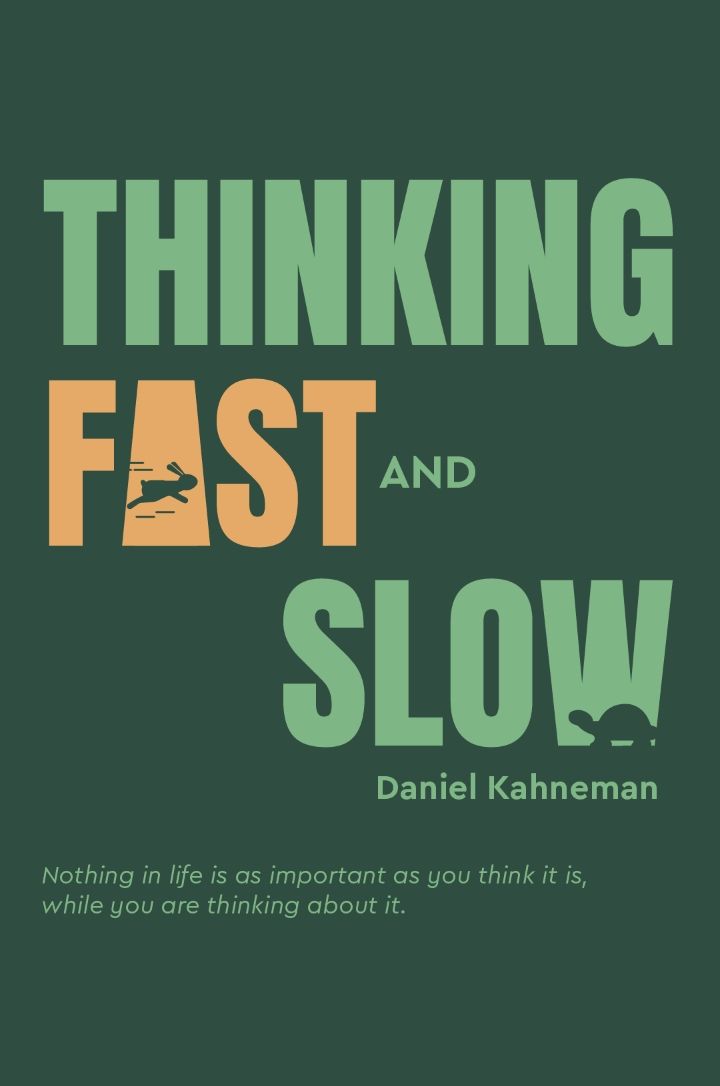Audio available in app
Reference points influence our choices from "summary" of Thinking, Fast and Slow by Daniel Kahneman
Our choices are often influenced by reference points that we use as benchmarks. These reference points can be anything from previous experiences to societal norms. When making decisions, we tend to compare our options to these reference points in order to evaluate their value. This comparison can significantly impact the choices we ultimately make. For example, if we are considering buying a new car, we might compare the price of different models to the cost of our current car. If the prices of the new cars are significantly higher than what we paid for our current car, we might feel hesitant to make the purchase. On the other hand, if the prices are similar or lower, we might be more inclined to buy a new car. Reference points can also influence our perceptions of gains and losses. When we are presented with a potential gain, we tend to compare it to our current situation. If the gain seems significant in comparison, we are more likely to take the risk. Conversely, when faced with a potential loss, we are more averse to taking action if the loss is compared to a reference point that represents a higher value. Moreover, reference points can vary depending on the context in which decisions are made. For instance, in a pricing strategy, companies might set a higher price for a product and then offer a discount to make the price seem more appealing. By establishing a high reference point initially, customers are more likely to perceive the discounted price as a good deal.- Reference points play a crucial role in shaping our decisions and influencing the choices we make. By being aware of how these benchmarks impact our perceptions, we can better understand the reasoning behind our decisions and potentially make more informed choices.
Similar Posts
Employing storytelling can trigger emotional responses and engagement
Storytelling is a powerful tool that can be used to connect with others on an emotional level and engage them in a meaningful w...
Capital structure decisions can impact a company's profitability
Capital structure decisions are a crucial aspect of a company's financial strategy. These decisions involve determining the mix...

The power of association can shape perceptions and behavior
When we think about the world around us, we often rely on mental shortcuts to make sense of things quickly. One of these shortc...
Cognitive dissonance causes us to rationalize our choices
When we find ourselves faced with conflicting beliefs or behaviors, a psychological phenomenon known as cognitive dissonance ki...

Investment drives economic development
Investment is a critical driver of economic growth and development. When individuals or businesses invest in new projects or ve...

Risk and reward are closely linked
When it comes to investing, the relationship between risk and reward is fundamental. Investing always involves some level of ri...
Myth of economic equality
The idea that economic equality can – and should – be achieved is a seductive notion that has captured the imagination of many ...
Environmental factors play a significant role in shaping behavior
Environmental factors are like invisible hands pushing and pulling us in different directions, determining the paths we take an...
Leveraging the principle of liking can influence behavior
One of the most powerful tools in influencing behavior is the principle of liking. This principle suggests that people are more...
Embracing uncertainty is part of being a contrarian investor
Contrarian investors understand that uncertainty is an inherent part of the investing process. Instead of being intimidated by ...


